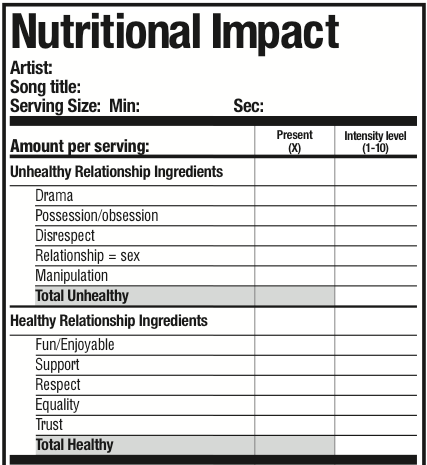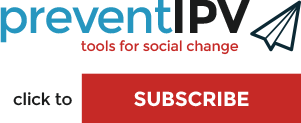Start Strong Boston: Building Healthy Teen Relationships

Publish Date:
2015
Media Type:
Category:
Prevention Strategy Type:
Related Links:
Related Documents:
Start Strong Boston, in conjunction with the Start Strong Peer Leaders, have created a set of tools that can be used to start conversations around relationships, breaking up, media’s influence on relationships and gender, and tips for adults working with young people.
ADULT TOOLS
- Break Up Summit Adult Break up Tool: This tip sheet provides a list of activities that an adult can practice which will improve their ability to support the young people in their lives when during a difficult time.
- Adult Active Listening Hand out: This tool is a visual representation for adults that highlights the value of empowering, empathizing, and asking questions when having conversations with the young people in their lives.
- Tips for Adults: This tip sheet provides specific messages for adults to practice when engaging in conversations with the young people in their lives.
BREAK UP TOOLS
- Break Up Summit Apps: Ending a relationship can be hard for everybody involved. Hurt, frustration, anger, and sometimes even a sense of relief can make break-ups feel overwhelming. Regardless of the emotions you are feeling, it’s important to think about how you will act so that you can have a healthy break-up. These “application” questions will help you navigate through the breaking-up process.
- U R Breaking Up: The way you communicate often determines how well your message is received. This is especially true when you are breaking-up. Use this tool to help you pick the best strategy for being heard. Like the reception bars on your phone, the more bars you have the stronger and clearer your message will be.
- Take 3: Taking time away from technology, taking time for yourself, and taking responsibility of your actions are 3 critical steps that can help anyone after a difficult time. Use this sheet to outline what steps you can take to ensure a healthier healing process after a break up.
RELATIONSHIP TOOLS
- Healthy Relationship Quiz: Each relationship is unique, but all healthy relationship shave a few things in common. In a healthy relationship there should be trust, support, respect, equality, and it should be fun. Take the quiz below, and find out how healthy your relationship is!
MEDIA TOOLS
- True View: The media we watch affect us and guide our expectations. Since media can have an influence on our healthy and the healthy of our relationships, it is especially important to be a critical viewer. Use this tool to help you discover is the media you watch portrays healthy or unhealthy relationships. Get comfortable, get online, and get the whole picture.
- Sound Nutritional Label: Music, like food, can feed our brains and give us energy. But, it also can be filled with ingredients that can affect us negatively. Some music may even have an influence on our health and the health of our relationships. This instrument will help you evaluate the “nutritional” value of the music you might listen to. We want you to put on your headphones, turn up the volume and become a song lyrics nutritionist.
- Reel Binary: The media we consume can reinforce sometimes harmful societal norms. The characters we see on the screen can become the unspoken rule for how men and women should behave, which can impact our perceptions of ourselves and others. This makes it especially important to be a critical viewer. Use this tool to help you discover if the show or movie you watch is portraying men and women through a stereotypical lens. Get comfortable, get online, and get the “reel” picture. Whether it’s a new show or an old favorite, rate the character as if you are watching them for the first time.
All of the Start Strong Boston tools allow young people to critically examine societal norms, media messaging, and relationship values without judgment or shaming. Young people engage in using these materials because it provides an outlet for taboo topics and allows them to unpack expectations and influencers.
All of the tools are free, found online, and low maintenance. It’s always helpful to review the tool and practice it yourself before engaging in any conversation. Think about the students that you are having the conversations with and anticipate barriers that may arise and how you can challenge them. If you have limited or no access to internet or television, simply ask the young people to remember their favorite tv show or recall the latest music video they watched.

